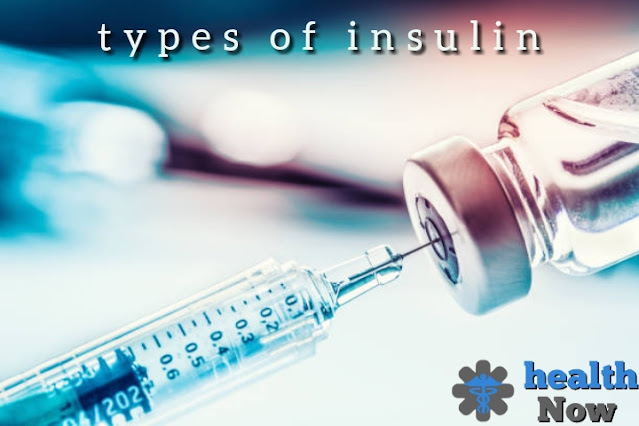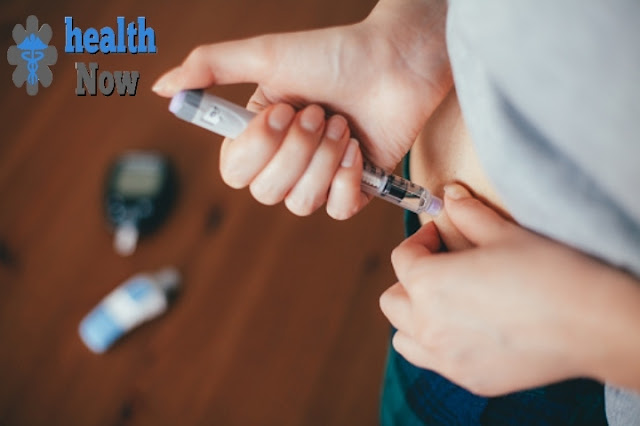7 techniques for cutting down the level of insulin in the body.
An undeniable degree of insulin in the body can cause genuine unexpected issues, so here are the main ways of diminishing insulin in the body.
The chemical insulin is critical to the human body, yet its significant levels might be hurtful to wellbeing, so we offer you the most noticeable ways of lessening insulin in the body:
Ways to lower insulin in the body.
Given the well-being harm related to high insulin, it is critical to follow ways of decreasing insulin in the body, by following one of the accompanying techniques:
1-Use apple cider vinegar.
Apple cider vinegar can prevent high levels of insulin and blood sugar, especially if it is taken with foods rich in carbohydrates. It was found that people who eat two tablespoons of apple cider vinegar, or approximately 28 milliliters, with a meal rich in carbohydrates have lower insulin levels and feel full for a longer period.
Analysts accept this impact is because of a deferral in gastric discharging and expanded retention of sugar into the circulatory system.
2-Avoid all kinds of sugar.
If you are trying to follow ways to reduce insulin in the body, it is important to avoid eating all kinds of sugars, as eating high amounts of fructose induces insulin resistance in the body, which causes increased production of the hormone in the body and high levels.
Fructose is found in numerous food varieties like table sugar, honey, and numerous different items, and it is important to peruse the wholesome name of any item before buying it to guarantee that it doesn't contain any sort of sugar.
3-Add cinnamon to food.
There are numerous medical advantages related to cinnamon other than its delightful taste, as it is wealthy in cell reinforcements significant for wellbeing, as it has been observed that eating cinnamon further develops responsiveness against insulin and brings down its levels.
It is important that the impact of cinnamon on insulin levels shifts from one individual to another, yet it very well might be really smart to eat two grams of it day by day.
4-Avoid inactivity and exercise.
It is important to stay active to reduce insulin levels in the body and avoid a zombie lifestyle, sports, and particularly effective exercises are very effective in enhancing insulin sensitivity in diabetes of type 2 and obesity reducing the bitter levels.
5-Focus on melted food fiber.
Solvent dietary fiber gives a few medical advantages, including supporting weight reduction and bringing down glucose levels.
These dietary fibers ingest water to shape a gel, which dials back the course of food going through the stomach related system, making you feel all the more full for longer, and hindering the level of insulin in the body from rising, and this is one of the approaches to cutting down insulin in the body.
6-Reduce the level of carbohydrates.
Starches raise the degree of sugar and insulin in the body to their most extreme cutoff points, and thusly it is essential to restrict and decrease their sum in the eating regimen. For individuals with weight and diabetes, specifically, it is vital to lessen the number of sugars consumed however much as could reasonably be expected.
7-Reducing the accumulated fat in the abdomen.
The accumulated fat in the abdominal area is linked to many health problems such as inflammation, insulin resistance, and high levels, and this means that losing fat in this area would positively affect insulin levels in the body, and thus it is one of the ways to lower insulin in the body. the body.
The importance of the hormone insulin.
The hormone insulin is secreted in the pancreas, and it has many functions in the body, the most important of which are:
- Permitting the body to utilize sugar (glucose) and transform it into. energy or store it.
- Incidence of heart disease
- Add to the presentation of sugar into the cells to be utilized and changed over into energy.
Disadvantages of high insulin levels.
- The expanded gamble of heftiness.
- The expanded need gamble of coronary illness.
- High possibility of getting malignant growth.
- The opposition of cells to the impact of the chemical insulin causes the creation of a more prominent measure of it.
How does the body regulate the process of secretion of insulin?
A healthy body maintains blood sugar within a stable natural field ranging from 70-110 mg/dL. Sugar rises to its highest level after meals and is minimized when fasting.
Access to this natural field through a balance between the blood sugar-lowering hormone insulin and the blood sugar-lifting hormone glucagon and many other hormones.
When eating a person, a large amount of sugar enters the blood, which induces insulin release from the pancreas.
This excretion is done in amounts commensurate with the quantities of sugar present in the blood and thus balances sugar with insulin.
Insulin encourages the liver and muscles to store excess sugar in the form of glycogen, and if excess sugar remains, it is stored in fat cells after being converted into hearty substances and grease.
What are the types of insulin?
 |
types of insulin |
Fast-acting insulin.
Fast-acting insulin starts working within a few minutes and lasts for about two to four hours, and this type of insulin is taken about 15 minutes before the meal date.
Short-acting insulin.
This type of insulin takes about 30 minutes to function fully and lasts from 3 to 5 hours, this type of insulin is taken about 30 to 60 minutes before the meal.
Medium-acting insulin.
Average insulin takes one to two hours to function fully and lasts 18 - 24 hours, and this type of insulin is taken about an hour before the meal date.
Long-acting insulin.
Eating this type of insulin is not related to mealtimes, and the effect of this type of insulin lasts for a full day.
Pre-mixed insulin.
The start and duration of the effect vary depending on the type of insulin blended, and according to the blended type it is taken 10 minutes or 30 to 45 minutes before the meal.
Selection of insulin type.
The doctor prescribes the type of insulin depending on several factors, including what comes:
Response to insulin.
There is a difference in the response to insulin from one person to another, so the time it takes for the body to absorb and the duration of the persistent effect of insulin varies from one person to another.
Patient lifestyle.
The lifestyle of the patient affects how the body uses insulin, the affordable food, its type, and quantity affect the body's response to insulin, and the exercise that the patient exercises and its amount affect the insulin response.
Ready to take several injections a day.
The type of insulin chosen by the doctor for diabetes varies depending on the patient's willingness and acceptance to give himself several injections a day.
Several times sugar measurement.
One factor taken into account in choosing the type of insulin most suitable for the patient is how often the patient measures his blood sugar.
Patient's age.
The type of insulin selected by the doctor may vary depending on the patient's age.


